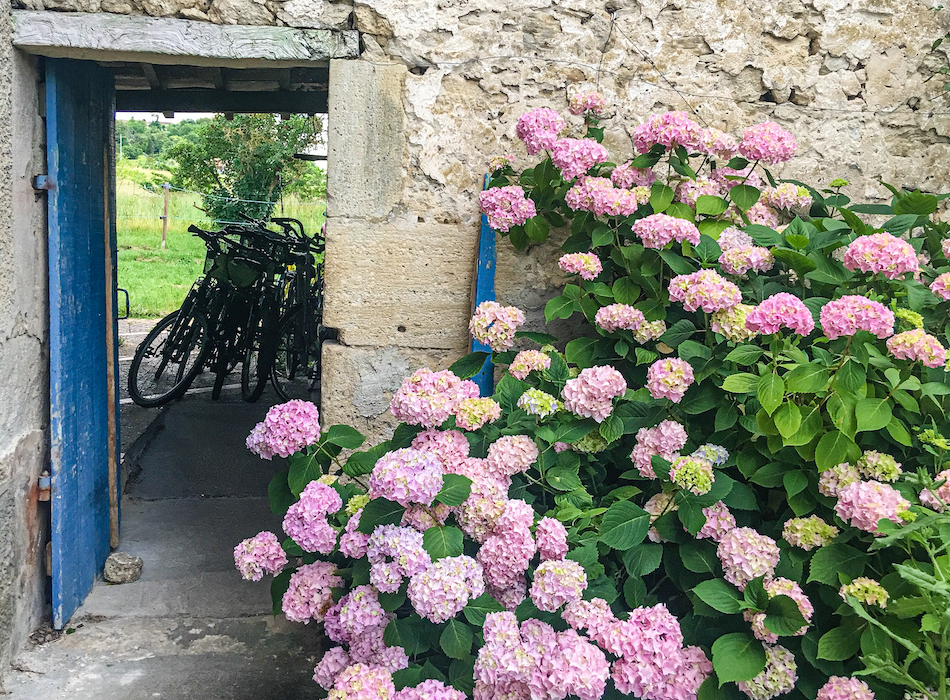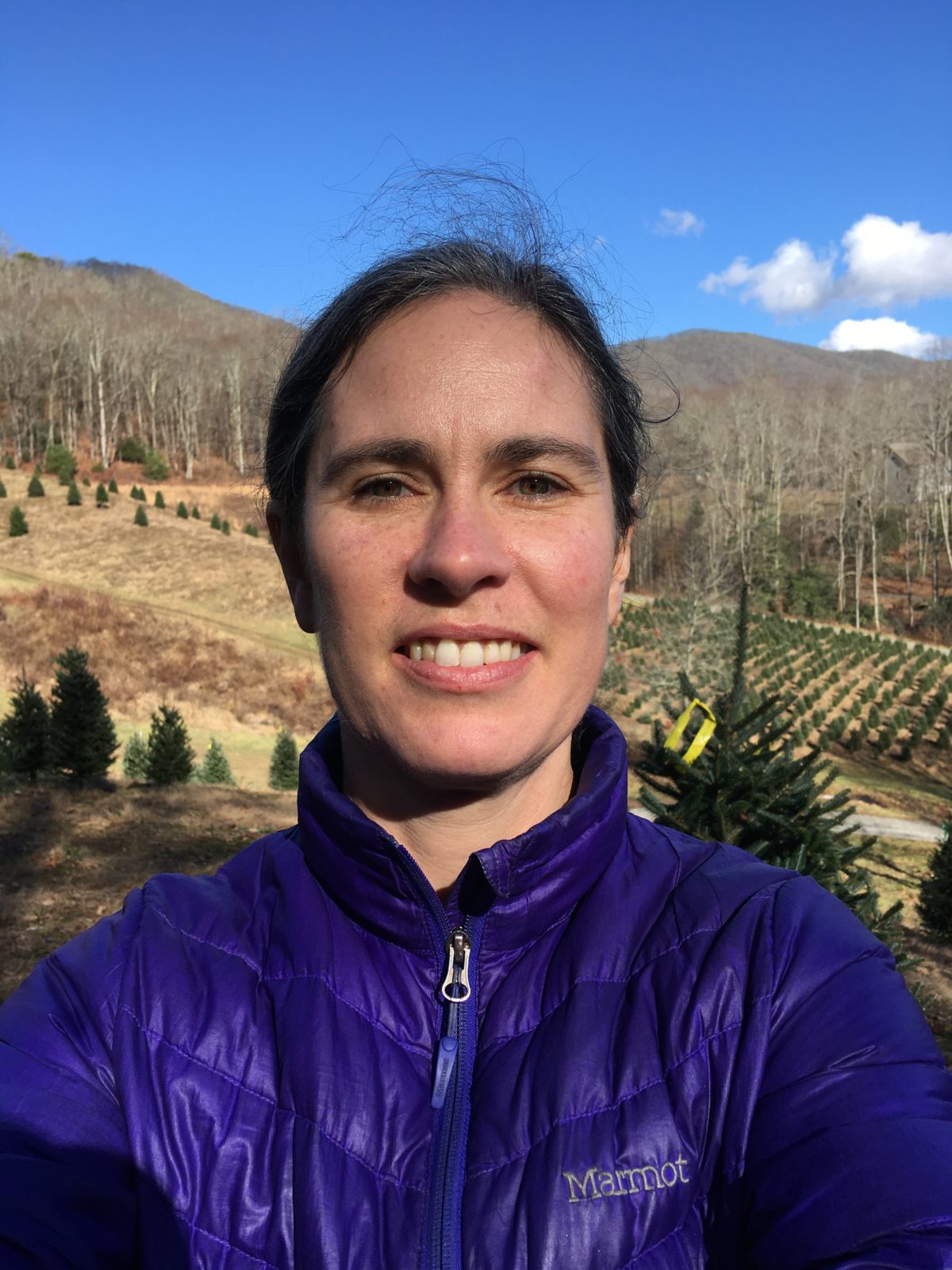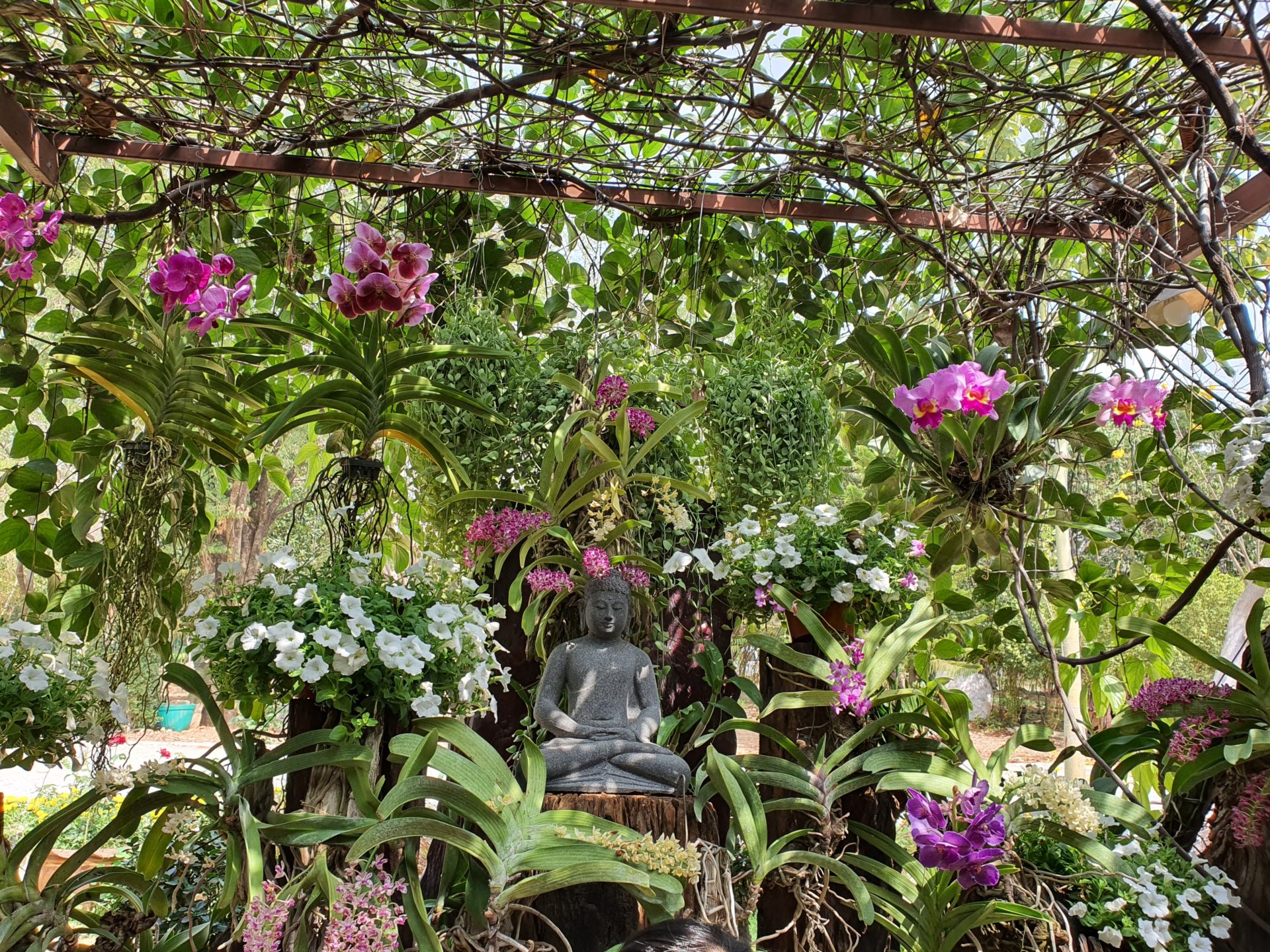By Kristin Collins

I’m sitting on my front porch, the slanted evening sun warming my legs. I’m covered in a light sheen of sweat from an evening bike ride, a new ritual on these temperate spring evenings when the YMCA is closed and there’s nowhere to go but outside. Birds thrash in the leaf litter under the bushes, searching for worms. A light breeze moves in the sunlit oaks that stand behind my neighbors’ rooftops.
By Kristin Collins

I’m sitting on my front porch, the slanted evening sun warming my legs. I’m covered in a light sheen of sweat from an evening bike ride, a new ritual on these temperate spring evenings when the YMCA is closed and there’s nowhere to go but outside. Birds thrash in the leaf litter under the bushes, searching for worms. A light breeze moves in the sunlit oaks that stand behind my neighbors’ rooftops. Insects drift around the porch but leave me and my husband undisturbed. It’s mid-April, and mosquito season has not quite arrived here in North Carolina.
From our vantage point on the corner, we can see people walking dogs and children pedaling by on bikes, stopping to chat from safe distances. We’ve lived here for seventeen years. “I’ve never seen most of these people before,” my husband says. “Where did they come from?” All of us are like butterflies emerging from our cocoons of busyness, discovering a world that is both familiar and brand new.
When the pandemic first shut down my state more than a month ago, it was easy to get trapped in panic. I indulged my fears about which plans we would have to cancel, what these disappointments would do to my teenage daughter, and what our lives would look like in a few weeks, a few months, or a few years. I scrolled through the headlines again and again, watching them worsen by the hour. I imagined society falling apart, the grocery shelves bare, essential workers too sick or afraid to show up, and the government collapsing under the weight of greed and meanness. But between my periods of anxious scrolling, I practiced. I sat with my breath, even when I could only keep my focus for a few seconds. I listened to Dharma talks and took long solitary walks. I searched for the keys that would allow me to open up in love rather than closing down in fear.
One morning, I came across Thay’s words about refugees fleeing Vietnam after the war:
“When the crowded Vietnamese refugee boats met with storms or pirates, if everyone panicked all would be lost. But if even one person on the boat remained calm and centered, it was enough. It showed the way for everyone to survive.”
I’d heard the words before, but on this day they sounded brand new. They allowed me to glimpse the truth. The greatest gift I could give to the world was not my knowledge of the news. It was not my outrage or my protests; our political leaders were busy revealing their corruption without any help from me. It was not even my work for justice, though I will continue it in whatever small way I can. The greatest gift I could give to the world, my family, and my Sangha was my own peace.
That’s why I bowed out of a Zoom meeting that would have forced me to rush through dinner and lock myself away in a bedroom for two hours, staring into a screen. That’s why I jumped on my bike and threaded through my neighborhood to a nearby greenway. I rolled through the woods and emerged at a traffic light in front of the sprawling complex of Central Prison, where thousands of men sit in cages. More than 140 of them are on death row, and because I spend my days working to end the death penalty, I’ve met some of them.
Each time I arrive here on my bike, I am struck once again by the inhumanity of their situation. Just once, they should get to cross the street to where an immense new city park is taking shape on the campus of a shuttered mental hospital. They should get to feel the grass beneath their feet, sit in the shade of a tall oak, and watch the sunset over a rolling meadow. Standing astride my bike with the prison to my left and the park to my right, I feel the cruelty and the beauty of our world sitting side by side.
As the traffic light changes, I dedicate my freedom to the men on death row and ride into the park. The old mental hospital is still awaiting demolition, and its abandoned buildings stud the hilltops. I can almost glimpse the ghosts of former patients walking the deserted roads, sitting on empty benches. I crest a long hill and leave the park behind. Soon, I am on the campus of North Carolina State University. Clear sunlight glints off the emerald grass of a wide courtyard, and I am the only one there to see it.
Our pre-pandemic world felt so solid and unstoppable: the daily thrum of schools and offices; concerts and sporting events; my daughter rushing off to high school each morning, perpetually late; the trips and obligations that multiplied like dandelions on my calendar. Now I see how quickly it can all vanish.
Finally, I arrive back at my own street. At its southern end, a century-old oak towers over the library. Its branches spread in a glowing halo, this tree is as spectacular as any artwork in a museum. Yet, I’m just beginning to see it. For so many years I drove past it without noticing on my way to somewhere else.
After my ride, I sit on the porch until the sun disappears behind the trees. I cook a simple dinner of salad and pasta. My husband, daughter, and I gather at our circular table and light candles. Before we eat, we listen to a recording of Wendell Berry reading his poem, “The Peace of Wild Things.” It’s a poem about escaping the fog of thoughts and touching the wide-open sky of the present moment. It’s about going outside to sit with the stars, the animals, and the still water. When despair for the world grows in me … I rest in the grace of the world and am free. At the end of the meal, we each offer reasons why we’re grateful to Mother Earth—her mountains and seas, her glorious trees, the ways she feeds and nourishes us. My daughter says she is grateful even for this virus the Earth has unleashed, for the ways it reminds us we are not in control and reveals our need for transformation.
Soon we will blow out the candles, and the three of us will disperse. My daughter will return to her bedroom and her laptop. My husband and I will clean the kitchen and then sit down in front of the television to lose ourselves for a little while. But in this moment around the dinner table, I feel how fragile and precious our time together is. There are no promises in life except that everything will pass away. There are no guarantees except this moment, this heartbeat, and this breath. We breathe in and out together for a few seconds longer, enjoying the clear air of the pure land.

Kristin Collins, Inward Turning of the Source, lives in Raleigh, North Carolina, US, with her husband and fourteen-year-old daughter. She works at a nonprofit law firm that represents people on death row. She has practiced with Raleigh’s Community for Mindful Living for the past eight years.

